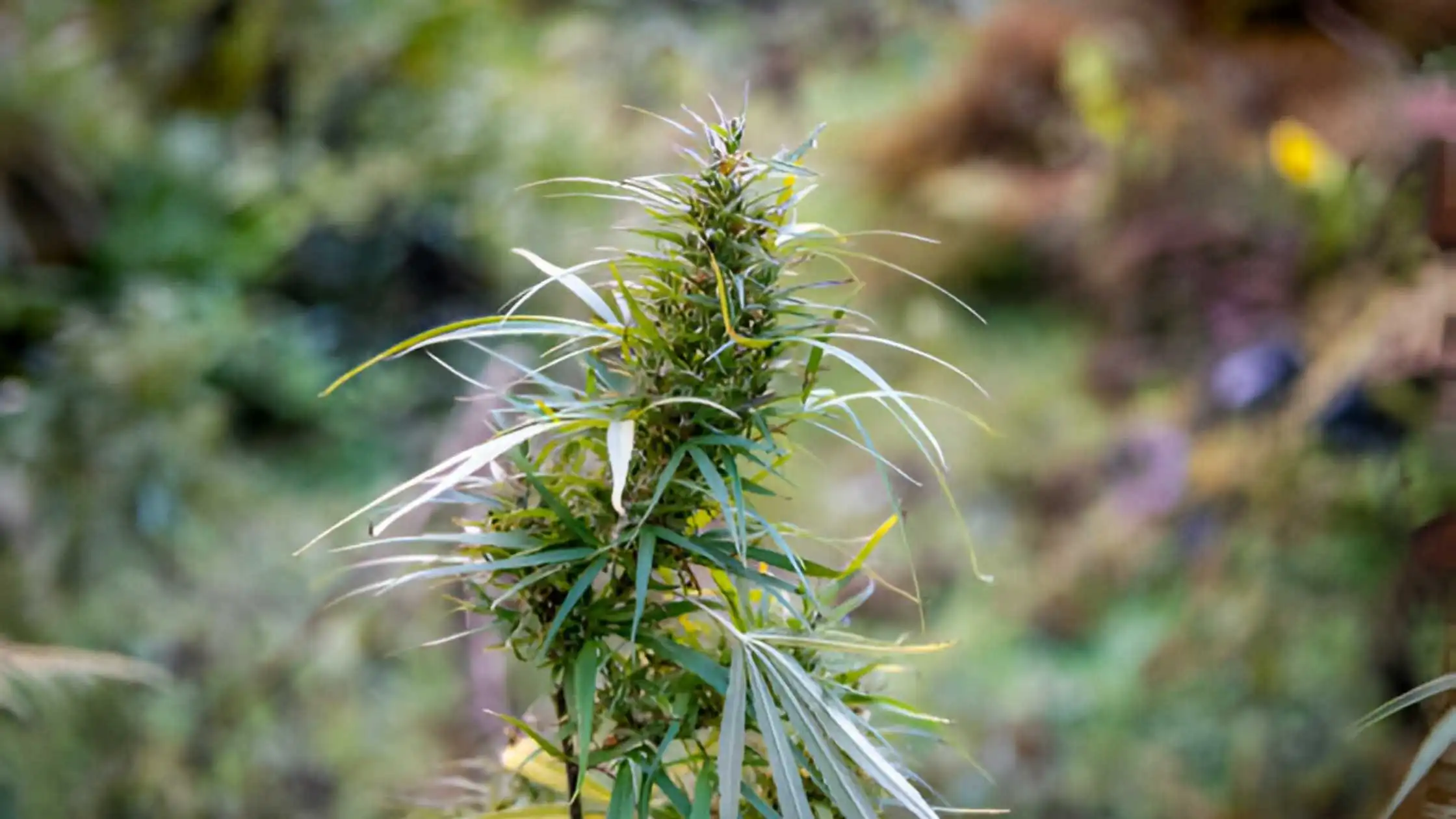The golden gates of California’s legal cannabis industry are scheduled to slam shut in a few months with the expiration of the state’s provisional license program, which insiders say will sharply increase the barriers to entry for newcomers.
Once the temporary permit program ends on June 30, entrepreneurs looking to enter California’s legal marijuana industry will have two options:
- Obtain an annual state license – a process that can take months, if not years, before operations commence.
- Buy an existing licensed company, a speedier prospect that could boost merger and acquisition activity.
“It truly favors the existing operators as they go forward,” said Rob Hunt, a principal at Linnaea Holdings in Carlsbad.
“I think it’s going to be much, much harder for new entrants to enter the market, without the ability to gain a provisional initially. I just don’t know if they have the capital to weather the storm.”
For now, provisional licenses remain the norm in California.
Only 3,378 of the state’s active 12,221 marijuana business licenses are full annual permits as of mid-January, according to the state Department of Cannabis Control (DCC).
That means a little more than 72% of the legal market – or 8,843 permits – operate on provisional licenses.
Unlike annual permits, it’s been relatively easy the past few years for California marijuana businesses to obtain provisional licenses.
They’ve been an extension of the “temporary” permits the state gave existing medical marijuana businesses in 2017 as regulators prepared for the transition to a new statewide regulatory framework for the industry, which launched in January 2018.
Provisional licenses allowed businesses to continue full operations as they applied for – and complied with the rules for – full annual permits.
In essence, the state tried to make it easier for the industry to keep growing and selling marijuana while preparing for full licensure, DCC spokesperson Christina Dempsey said.
“It was sort of another version of what ‘temporary’ licenses did, which was moving people from pre-Proposition 64 days into the regulated market,” Dempsey noted, referring to the 2016 ballot measure that legalized recreational marijuana in California.
“What we’ll have post-June 30 is akin to if you were opening any other type of business in California, where you’ve got to meet all your local requirements and any (California Environmental Quality Act) implications for it,” Dempsey added, referring to statewide environmental regulations that industry insiders say are a tough but crucial hurdle to clear.
Key deadlines
The plan is for provisional licenses to be phased out over time. The first deadline is March 31.
That is the last date for any business to apply for a provisional license to the DCC.
After that, the DCC won’t issue new provisional permits after June 30, except for social equity licensees and smaller cultivators.
Provisional licenses for large grows with more than 22,000 square feet of canopy won’t be issued after June 30.
However, other cultivation license types can be issued provisional permits until September 30. The full timeline is available here.
However, companies with existing provisional licenses this year won’t have much to worry about because they’ll be able to renew provisional permits until January 2025. Those permits can remain active through January 1, 2026, at the latest.
After that date, the entire legal market must operate on annual licenses.
State trying to address the backlog.
The state has allocated $100 million to help the 17 cities and counties with the most marijuana companies finish transitioning provisionally licensed companies into annual permits.
But that won’t change the situation for new market entrants.
“If you are not a small farmer or an equity applicant or licensee, I think it is going to severely constrict or limit who is actually able to get licensed,” said Amy Jenkins, senior policy director at the California Cannabis Industry Association (CCIA).
Jenkins noted that the state’s rigorous environmental reviews of license applicants majorly determine how long the permitting process takes.
“There are entities that have been in provisional status for years,” Jenkins said. “One has to assume that, until such time as we address this backlog (of 8,843 provisional permits), it could take a business well over a year, if not more, to achieve an annual (license).”
The annual licensing process is so involved, said attorney Ariana Van Alstine, that some companies have taken years to get theirs. Others are still waiting for their licenses, going back and forth with local or state regulators to get theirs completed or both.
“It can be two years out before you even have the opportunity to commence the build-out process” at the city or county level, not including the time it takes to get an annual state license, Van Alstine said.
Possible impact
The end of the provisional license program could produce multiple ripple effects across California’s cannabis industry, including a lengthy runway for new retailers and a potential increase in M&A activity among out-of-state companies looking to enter the market quickly.
Lengthy waits for new retailers to open could prove a major issue, particularly since Gov. Gavin Newsom recently announced a state grant program to incentivize more cities around California to allow more cannabis stores.
Experts said that operators that get a retail permit after March 31 won’t be able to open until they’ve cleared all state licensing hurdles.
That, in turn, will boost the wait time to expand the number of stores at a time when the market faces a cannabis surplus and a lack of retailers selling legal marijuana.
“If you’re not getting retail open in these new jurisdictions immediately, then what’s the point? We can’t wait another year,” said Morgan Paxhia, a San Francisco-based Poseidon Asset Management principal.
Hunt of Linnaea Holdings said the new entry barriers could also boost the value of certain existing companies.
“It’s going to drive up asset values,” Hunt predicted, although he noted it won’t happen in every vertical for every company.
“It’ll drive down the value of any provisional license and the value of any existing annual. Currently, many companies looking to sell are trading at about one times revenue.
“If they’re being bought by a larger group. That could theoretically go up.”
He added that “‘build’ is no longer exciting as ‘buy’ because of the timeline” it will take to obtain annual licenses.
Disclaimer: https://mjbizdaily.com/provisional-cannabis-licenses-ending-in-california-means-higher-barriers-to-market-entry





